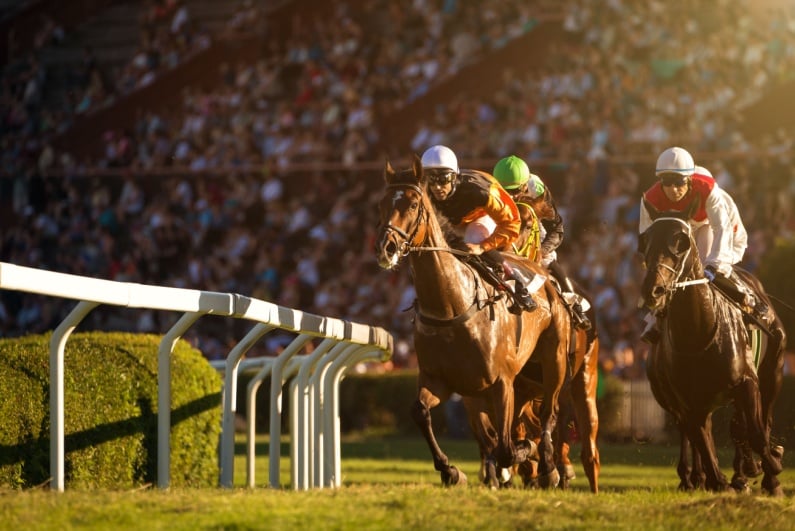
Sports betting sponsors claim the Minnesota Racing Commission’s vote to legalize historic horse racing is illegal. [Image: Shutterstock.com]
Bad move
Sports betting sponsors claim the Minnesota Racing Commission’s vote to legalize historic horse racing is illegal.
“Poorly thought out”
According to Zach Stevenson, lead sponsor of the House bill to legalize sports betting, the move was “not well thought out.”
Sponsors also claim that legalizing historic horse racing would conflict with the state’s two racetracks: Canterbury Park in Shakopee and Running Aces in Columbus, where the Legislature is considering legalizing mobile sports betting.
Confronting the opposition
On Monday, the Minnesota Racing Commission voted 5-1 to approve Historic Horse Racing (HHR) machines at the state’s two racetracks. This is despite the fact that the move faces opposition from the state’s Indian tribes, which operate casinos.
The two racetracks initially asked the commission to approve the stations in January.
Racetracks can install up to 500 HHR stations
As of May 21, racetracks can install up to 500 HHR stations. It is expected that by doing this, they can earn around $6 million in their second year.
This new form of gambling allows players to choose a digital horse without knowing which race they are betting on, selected at random from a previous race. If the player wins, he receives a cash prize.
Notably, a month before the vote, Carla Cincotta, director of the Minnesota Division of Alcohol and Gambling Enforcement, sent a letter to Kyle Gustafson, director of the Racing Commission, saying that the HHR machines were video gambling machines.
Stephenson claimed the HHR machines are a “euphemism”, adding: “You don’t even have to watch the race. It’s a horse-shaped slot machine.”
Sports betting in Minnesota
In February, Gov. Tim Walz said he would sign the legislation if lawmakers could pass a bill during the session, which will last until May 20.
Legal sports betting could generate about $400 million in revenue for operators after a few years
However, his main issue is making sure that the tribes and other potential stakeholders are happy with the perspective plan. The Minnesota Department of Revenue estimates that legal sports betting could generate about $400 million in revenue for operators after a few years, resulting in $60 million in annual tax revenue based on a 15% tax rate.
The push to legalize sports betting in the state is a constant balancing act. However, in light of the recent news, Walz said he was “disappointed with the approach taken by the committee.”
Andy Platow, executive director of the Minnesota Indian Gaming Association (MIGA), said the move by the commission was a “blatant abuse of legislative authority” and that they “will consider all available options” to prevent the trails from adding gaming. .



